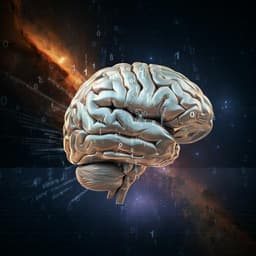
Computer Science
End-to-end programmable computing systems
Y. Xiao, G. Ma, et al.
Discover a groundbreaking framework, PGL, that revolutionizes the management of algorithm complexity in autonomous systems, developed by Yao Xiao and team. With remarkable speedups achieved through advanced program representation learning, this research unveils a future where code execution is optimized across diverse hardware seamlessly.
~3 min • Beginner • English
Related Publications
Explore these studies to deepen your understanding of the subject.







